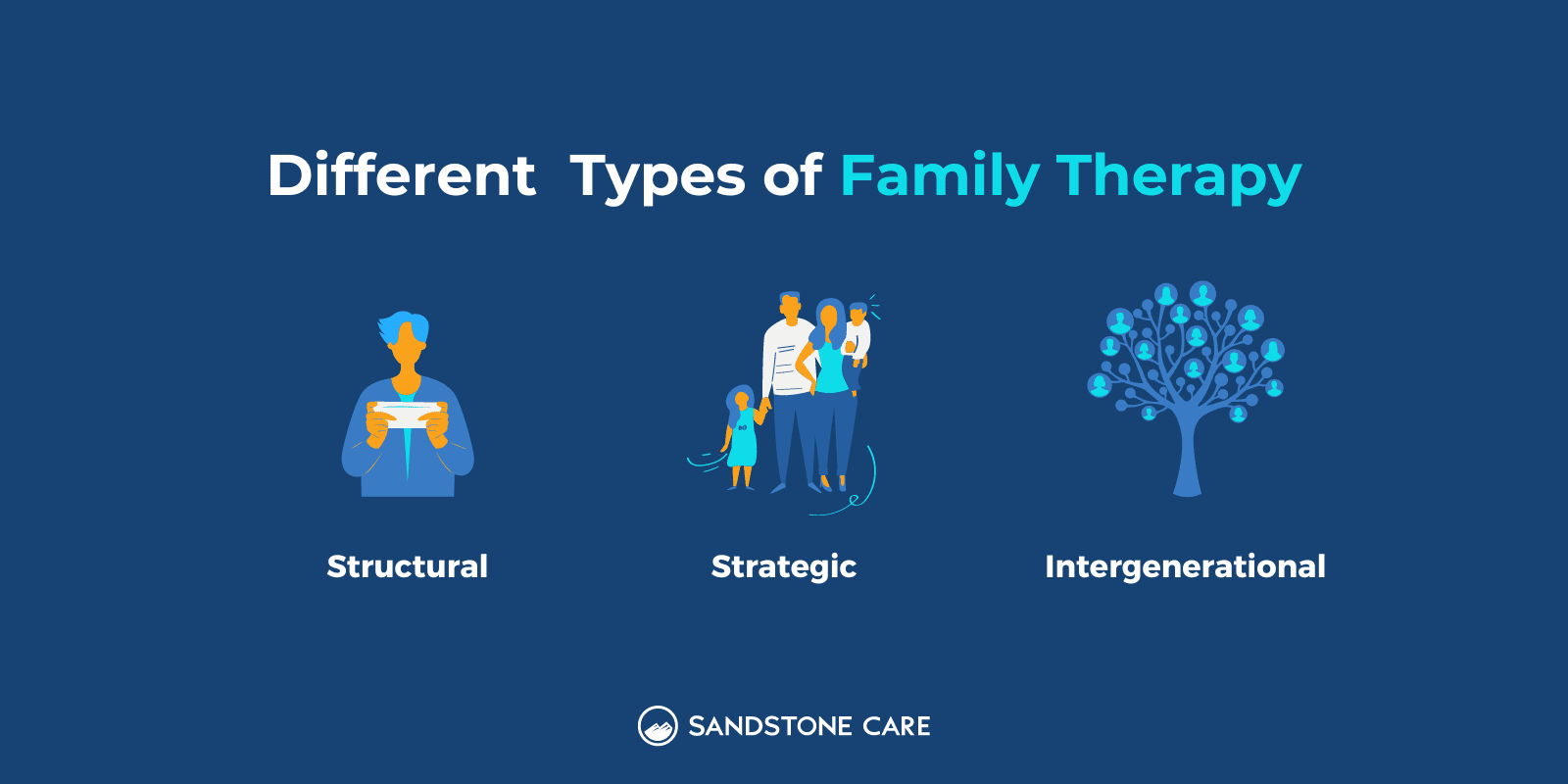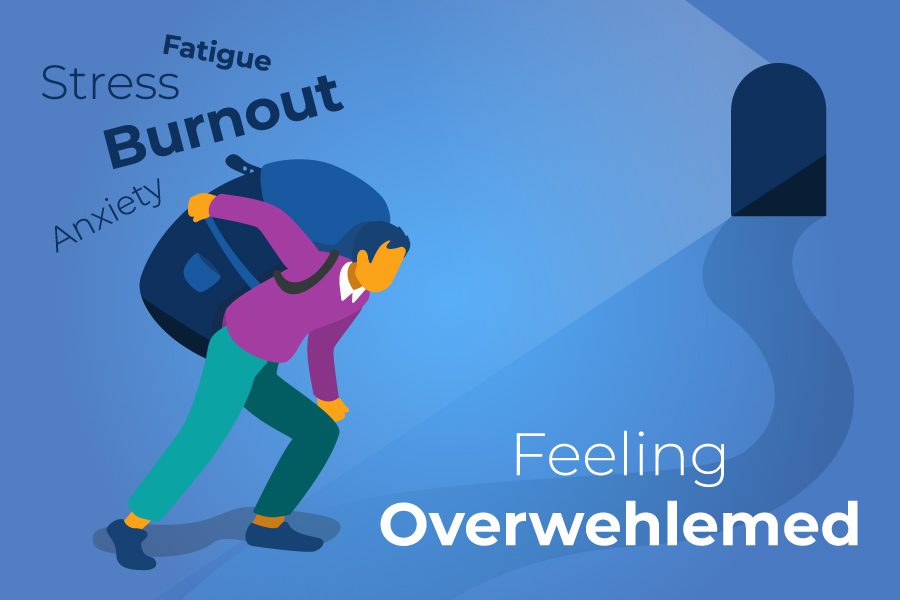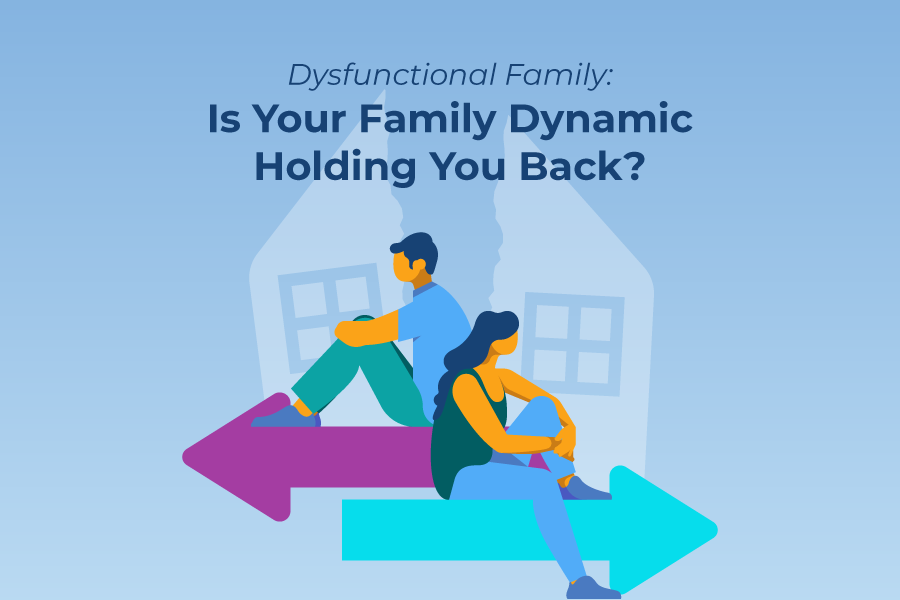What is Family Systems Therapy?
Imagine sitting in a room with members of your family. Perhaps a parent and siblings are there. Maybe extended family members like grandparents, aunts and cousins are present, too.
You’re here for family systems therapy, which is based on the idea that the system (the family) is greater than the sum of its parts (the individual family members). In other words, you’re looking at how the individual roles you play and the ways you relate to each other affect everyone in the family.
In family systems therapy, your therapist’s job is to help family members build that system on interactions that work well for everyone within it. There are many, diverse approaches to this practice, and how you experience it will differ depending on your therapist and your unique family dynamics.
How Family Systems Therapy Works
In addition to looking at the birth order of individual family members, family systems therapy examines the roles that families ask individuals to play, as well as the coping strategies each person has developed to handle emotional issues. Following are some examples of techniques you might encounter.
If you work with a therapist trained in structural family therapy, for example, you might be asked to role play, move to a different seat or look at a specific subsystem within your family (such as your parents’ marriage), and how that relationship affects the rest of your family.
Someone trained in strategic family therapy might ask you to examine family behavior outside of the therapeutic setting. They could then propose a paradoxical intervention to inspire rapid change, like purposefully starting a fight at a specific time of day for 15 minutes.
Intergenerational family therapy is an approach that looks at behavioral patterns, such as substance abuse or suicide, across three or more generations. This method can help people see that the causes of current issues are actually often much older in origin. As they better understand these patterns, they can learn to interrupt them instead of acting them out.

Is Family Systems Therapy Effective?
Studies show that in addition to helping families resolve conflicts and cope with stressors, family systems therapy may also improve the following mental health conditions:
- Depression
- Anxiety
- Bipolar disorder
- Personality disorders
- Schizophrenia
- Substance use disorders
- Eating and food-related disorders
This type of therapy isn’t recommended for families in which one or more members are actively engaging in any form of abuse (e.g. emotional, physical, or sexual).
Family Systems Therapy for Substance Use
According to the Substance Abuse and Mental Health Services Administration (SAMHSA), “Substance abuse disorders do not develop in isolation.” Families play a major role in the causes of addiction, and should therefore also be involved in its treatment. Family patterns and dynamics can set the stage for substance abuse.
Family interactions also have the power to either intensify substance abuse or reduce it. When someone who’s abusing substances reveals that family members’ behaviors or ways of communicating with them impact their substance use, this is a good indicator that family systems therapy may be helpful.
Family Systems Therapy for Teens and Young Adults in Recovery
At Sandstone Care, transforming your relationship with your family is frequently a central part of the treatment process. We’re devoted to helping teens, young adults and their families build a partnership to overcome substance abuse, mental health disorders and distressed family relations.
If you’re interested in the benefits of family systems therapy as part of your substance use treatment program, our compassionate and professional team can help you explore your options – call us today at (888) 850-1890 to learn more.






